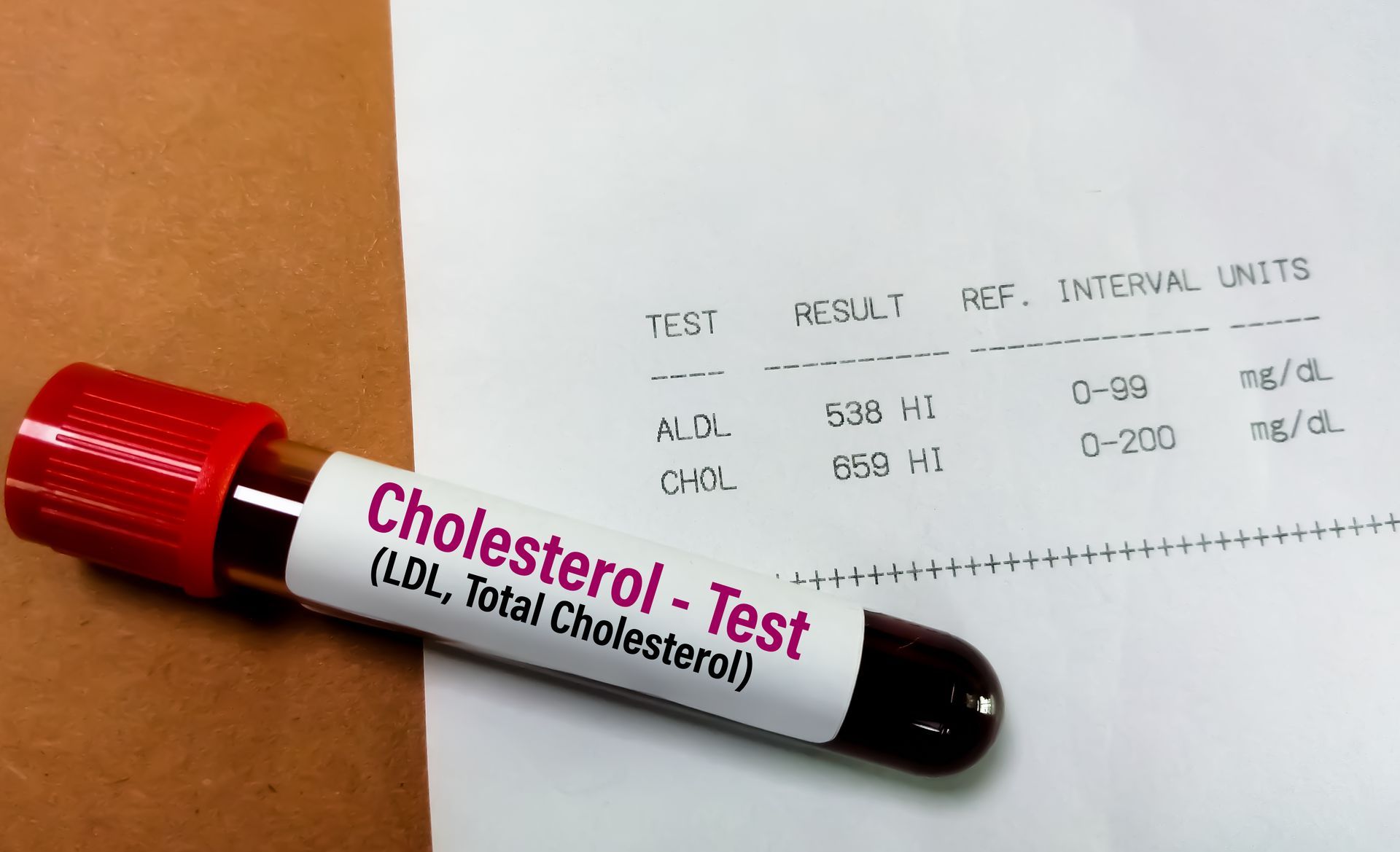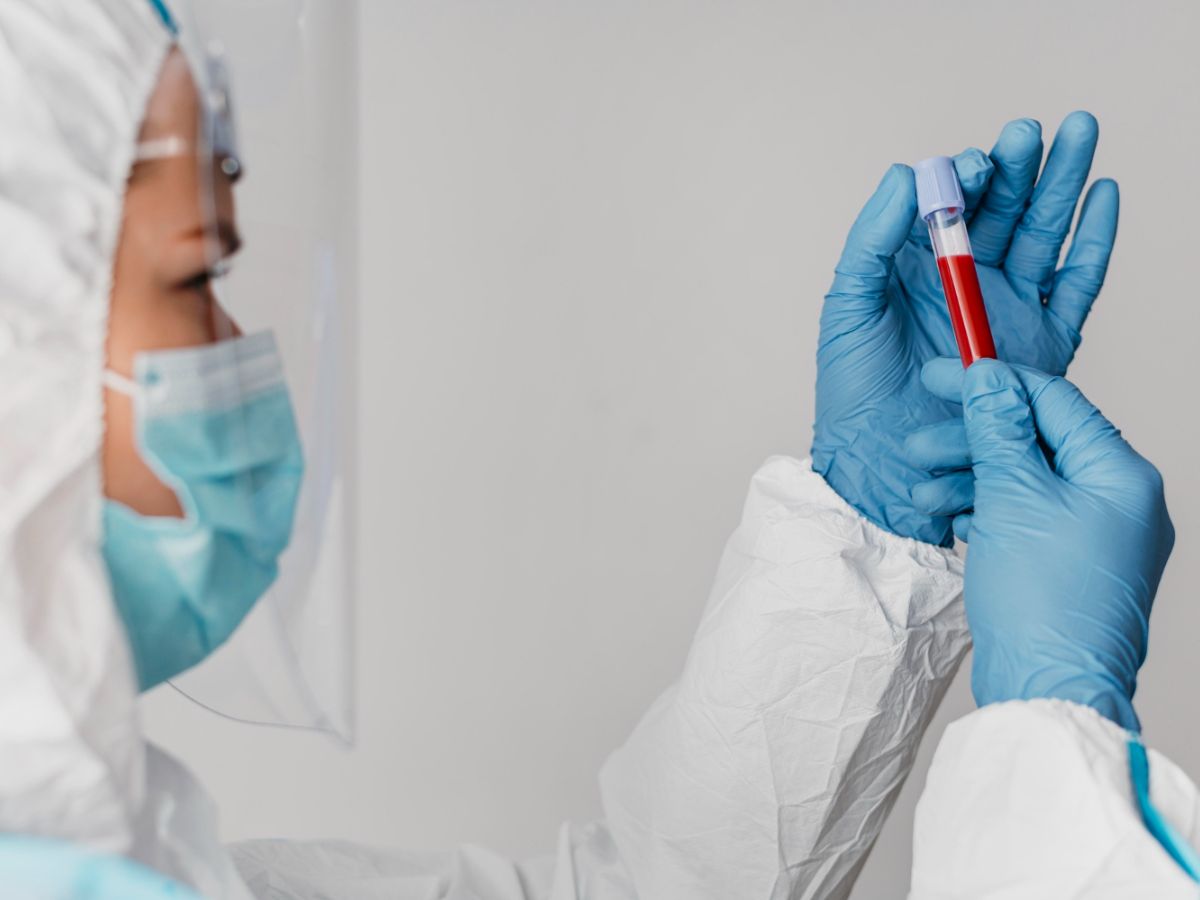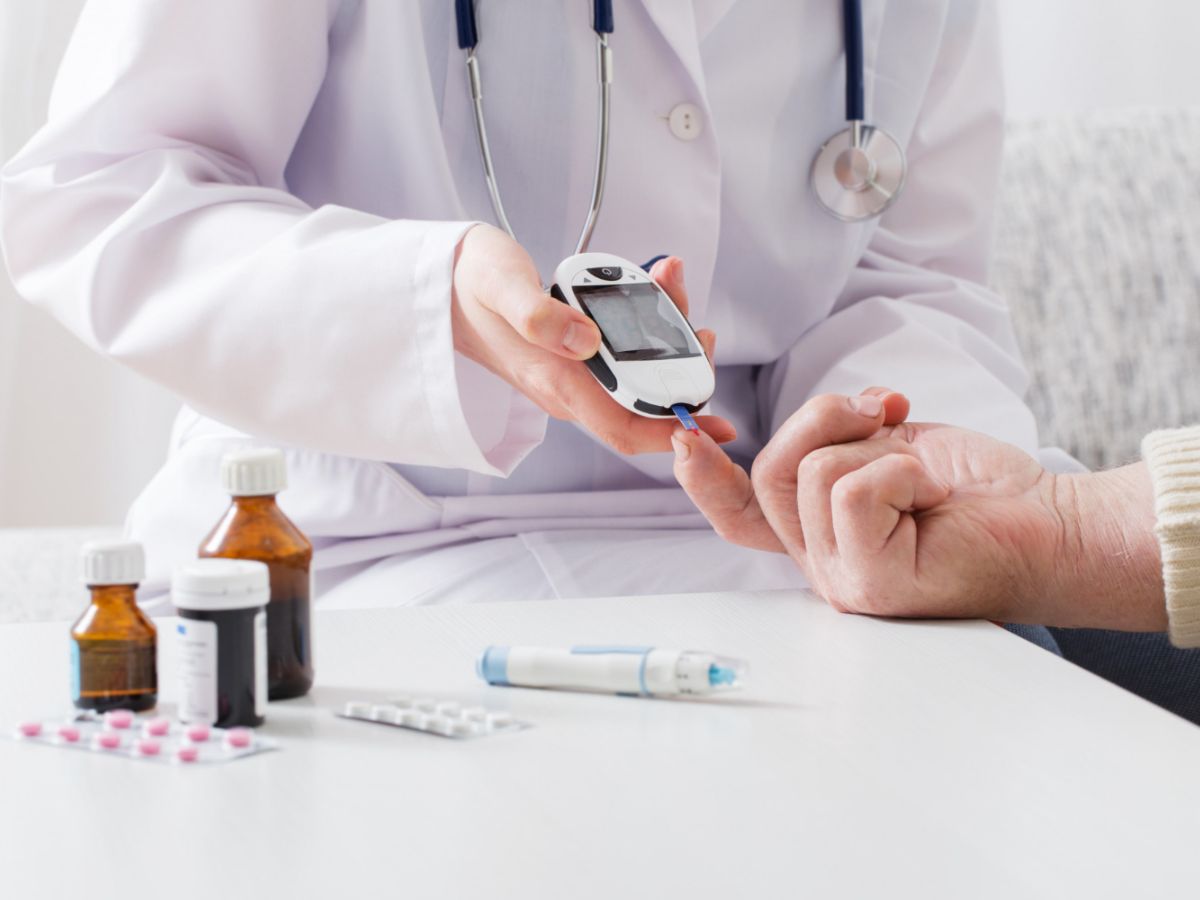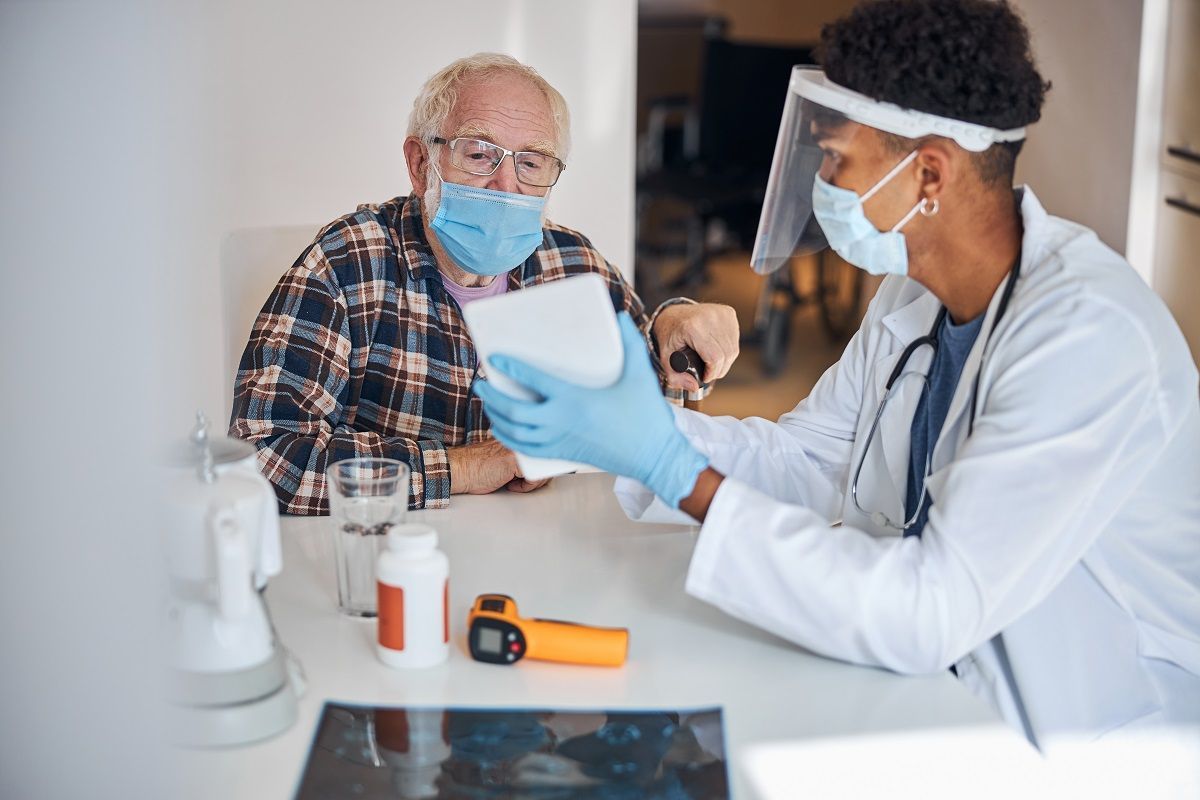Our Location
Elige tu idioma:
Combating Osteoporosis: Solid Solutions for Stronger Bones

The problem with Osteoporosis is that people don’t know they have it until their condition has reached a breaking point.
Osteoporosis silently weakens bones over the years without obvious symptoms until you find yourself struggling to accomplish even the easiest activity without the fear of a fracture. This condition can significantly impact a person's quality of life.
However, awareness and understanding can lead to early intervention and effective management. Living a fulfilling and active life can still be a reality with the right support and care. Our experts at Ocana Medical Center specialize in providing top-notch care to guarantee a healthier future. Together, we’ll ensure that osteoporosis will not define your life.
Take the First Step to Stronger Bones
Understanding Osteoporosis
Osteoporosis is an adverse medical condition characterized by reduced bone density and quality, increasing fragility. Essentially, it means your bones become porous and weak, which can lead to fractures even with minor falls or injuries.
- Osteoporosis Causes
Older adults experience osteoporosis when there is unevenness between new bone formation and old bone resorption. Aging, hormonal changes, and nutritional deficiencies are the primary contributors to this imbalance.
- Osteoporosis Risk Factors
Several factors increase the risk of seniors developing osteoporosis. Here are the most common:
- Age: The risk increases as you get older.
- Gender: Women are more susceptible to developing osteoporosis, especially post-menopause.
- Family History: A family history of osteoporosis can predispose you.
- Lifestyle: Poor diet, smoking, and excessive alcohol use are significant risk factors.
- Osteoporosis Symptoms
Osteoporosis is often called a "silent disease.” Although it can progress without noticeable symptoms, some signs that can indicate its presence include:
- Receding gums
- Weakened grip strength
- Brittle fingernails
- Back pain
- Loss of height over time
- Stooped posture
The Importance of Early Detection
Early detection of osteoporosis enables timely intervention, potentially preventing fractures and other complications. This can lead to starting treatments and lifestyle changes to strengthen bones sooner. Understanding the available methods and recommendations can help manage bone health effectively.
- Diagnostic Methods
Diagnosing osteoporosis involves a bone density test, known as a DEXA scan, which measures the density of your bones and assesses fracture risk. Regular screenings are crucial, especially for those at higher risk.
- Genetic Testing
Genetic testing can help identify risk levels and guide prevention and treatment strategies.
- Screening Recommendations
Health professionals recommend bone density screenings for women over 65, men over 70, and younger individuals with risk factors like family history or long-term steroid use.
Dietary Solutions for Stronger Bones
Maintaining robust and healthy bones is heavily dependent on your diet. A nutritious diet rich in calcium, vitamin D, and other essential nutrients, such as magnesium, is recommended. Their roles involve the following:
- Calcium-Rich Foods
Calcium is the foundation of bone tissue, making it essential to include calcium-rich foods. Aim for a daily intake of 1,000 to 1,200 mg by including dairy products, leafy greens, and fortified foods in your meals.
- Vitamin D Sources
Vitamin D is essential for calcium absorption. While sunlight is a great source, you can also acquire it from fatty fish, egg yolks, and fortified foods. If your natural intake is insufficient, supplements can help meet your needs.
- Other Essential Nutrients
Magnesium is vital for calcium absorption, while potassium contributes to maintaining strong bones by neutralizing acids that can deplete calcium from the body. Vitamin K, found in nuts, seeds, fruits, and vegetables, regulates calcium and promotes bone mineralization, essential for bone strength and density.
Exercises for Bone Health
Exercise boosts bone health by increasing bone density and strength. Weight-bearing and resistance exercises stimulate the bone cells, leading to stronger and healthier bones. It also improves balance and coordination, reducing the risk of falls and fractures, which is especially crucial as we age.
- Weight-bearing Exercises
Engage in activities such as walking, jogging, and dancing to challenge your bones against gravity, promoting the form and maintenance of bone density. Aim for 30 minutes of weight-bearing exercise daily.
- Strength Training Exercises
Lifting light weights or exercise bands can improve bone density and muscle strength. Focus on exercises that target major muscle groups to promote overall bone health.
- Balance and Flexibility Exercises
Practices like yoga and tai chi enhance balance, reducing the risk of accidental falls and fractures. These exercises also enhance overall physical stability and well-being.
Lifestyle Changes to Combat Osteoporosis
Making lifestyle changes is an effective way to combat osteoporosis. A sedentary lifestyle can weaken bones and put you at risk of developing not just osteoporosis but also adverse medical conditions like diabetes or cardiovascular disorders.
- Quit Smoking
Smoking accelerates bone loss. Stopping smoking can significantly improve your bone health and overall wellness.
- Limit Alcohol Intake
Excessive alcohol consumption can impair your body's ability to absorb calcium. It’s better to drink moderately – up to one drink per day for women and two for men. Consider quitting the habit entirely.
- Reduce Caffeine Consumption
High caffeine intake can lead to the loss of calcium from your bones. To maintain optimal bone health, it’s advisable to limit the consumption of coffee and other caffeinated beverages.
Osteoporosis Treatment
Treating the condition often involves a combination of medications or methods. Doctors may prescribe bisphosphonates, hormone-related therapy, or other medications to help slow bone loss and increase bone density. Consulting with your doctor is crucial to determining the most effective treatment plan and medication for your condition.
- Hormone Replacement Therapy
For some postmenopausal women, hormone replacement therapy can help maintain bone density.
- Osteoporosis Supplements
Calcium and vitamin D supplements are beneficial, especially if dietary intake is insufficient.
Factors Affecting Bone Health
- Impact of Other Health Conditions
Conditions like rheumatoid arthritis, diabetes, and thyroid disorders can increase the risk of osteoporosis. Managing these conditions is crucial for bone health.
- Medications Affecting Bone Health
Certain medications, such as long-term corticosteroids, can weaken bones. If you're on such medicines, discuss strategies to protect your bone health with your doctor.
- Stress and Bone Health
Chronic stress typically leads to hormonal imbalances that affect bone density. It is essential to manage stress with relaxation techniques and a healthy lifestyle. Some examples are yoga or meditation.
Ensure Strong Bones In Your Golden Years!
Taking proactive steps to strengthen your bones is essential at any age. Eating healthily, engaging in an active lifestyle, and quitting bad habits can significantly reduce your risk of osteoporosis. Early detection is crucial to managing this condition effectively, so don't hesitate to get screened and consult healthcare professionals about the best strategies for your bone health.
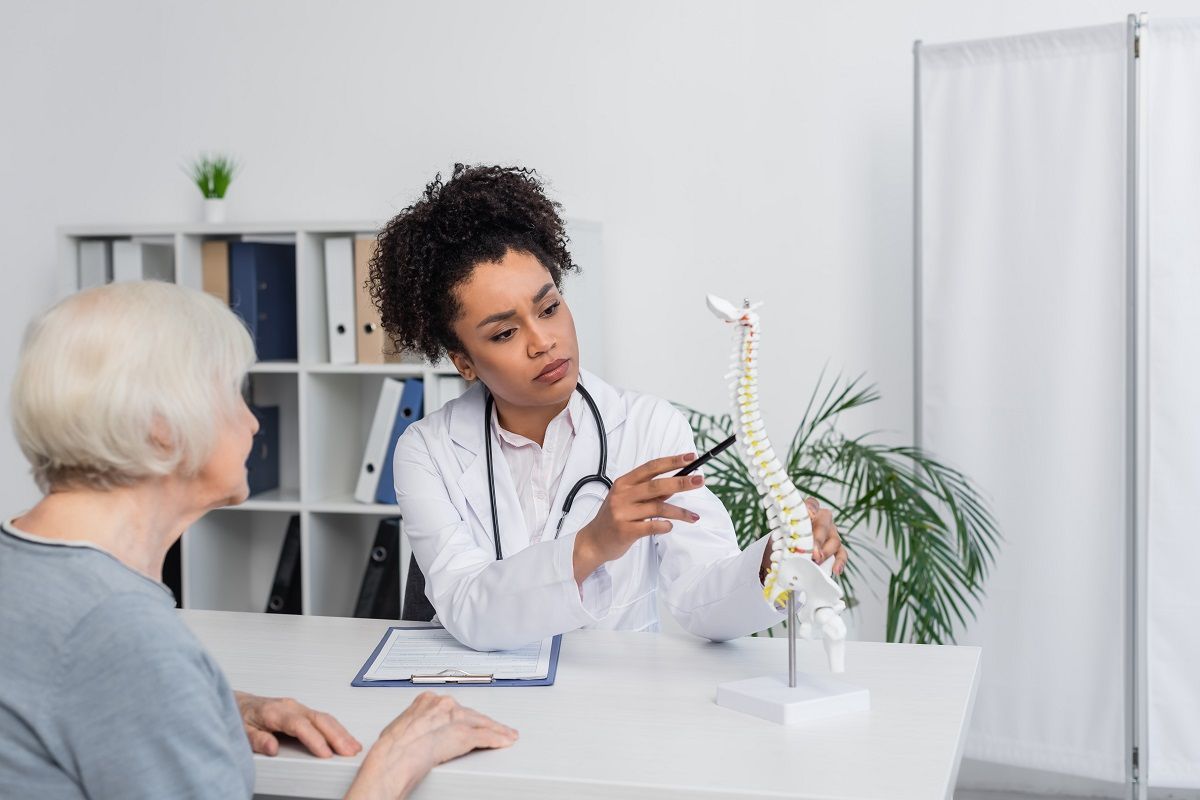
FAQs
1. Can osteoporosis be completely cured?
No, but it is manageable with lifestyle changes, medications, and other treatments to improve bone density and reduce fracture risk.
2. How much calcium do I need daily?
Adults typically need about 1,000 to 1,200 mg of calcium daily, depending on age and sex. Your healthcare provider can provide suggestions based on your current health status.
3. Are men at risk for osteoporosis?
Yes, men can develop osteoporosis, especially after age 70. Men with risk factors like family history or long-term steroid use should get screened.
Overcome Osteoporosis and Live a Healthier Life!
Ocana Medical Center is dedicated to providing exceptional care for seniors. Through our comprehensive physical exams and preventive health screenings, we aim to determine and provide the appropriate treatment and management for osteoporosis and similar conditions.
Prioritize Your Bone Health!
“Respect. Compassion. Quality. Integrity. These are the values on which Ocana Medical Center was built. Our aim isn’t just to treat you today. We hope to earn your trust and be your healthcare provider for life.”
©2023 Ocana Medical Group, Inc.
USEFUL LINKS
GET IN TOUCH
Call Us Today
Send us Email
Our Location
Ocana Medical Center | All Rights Reserved.



